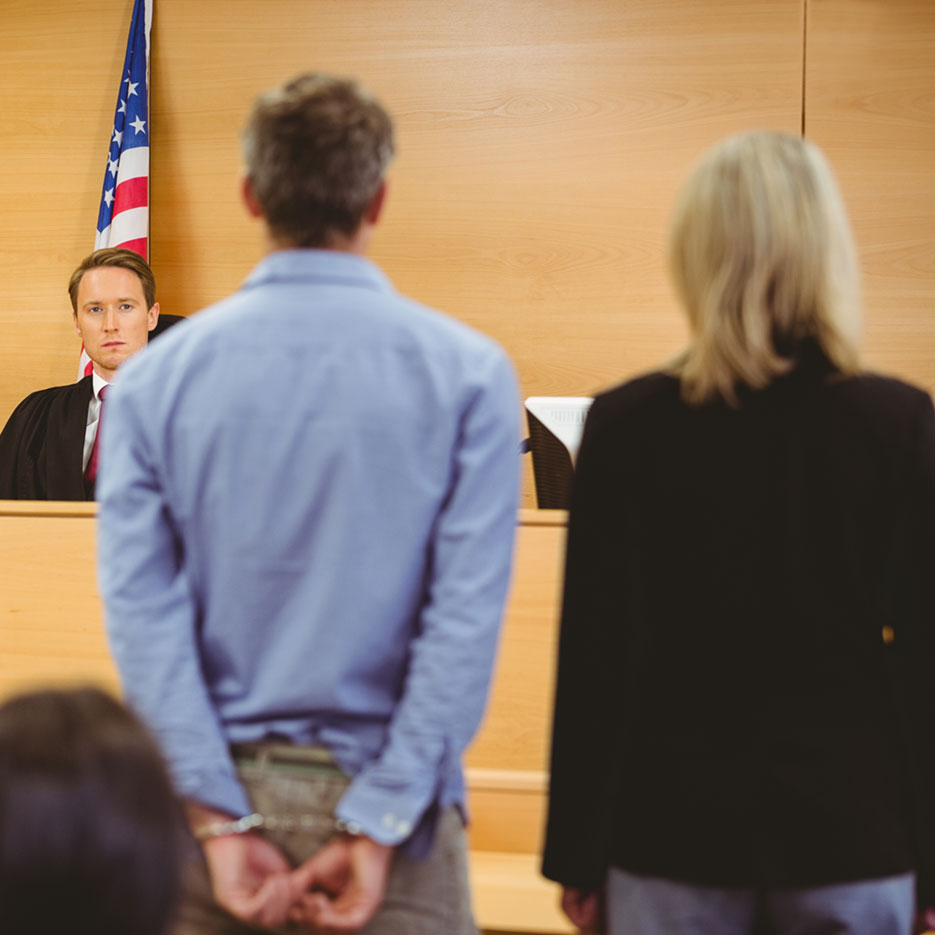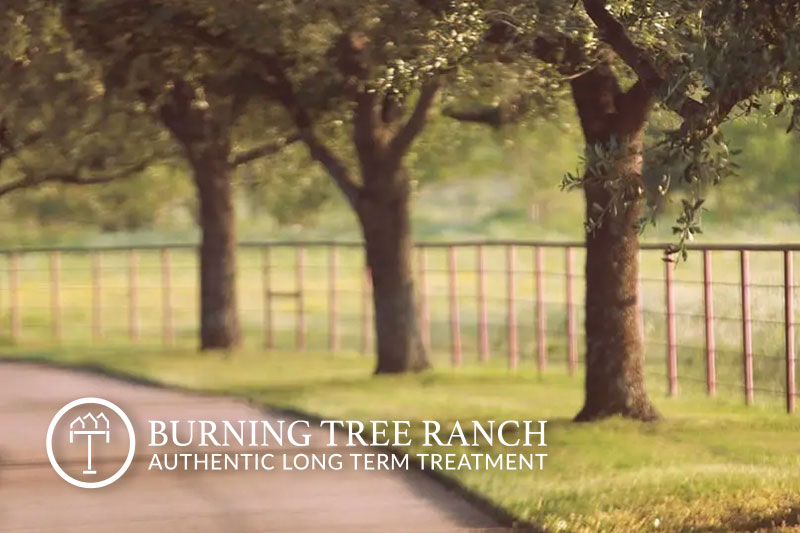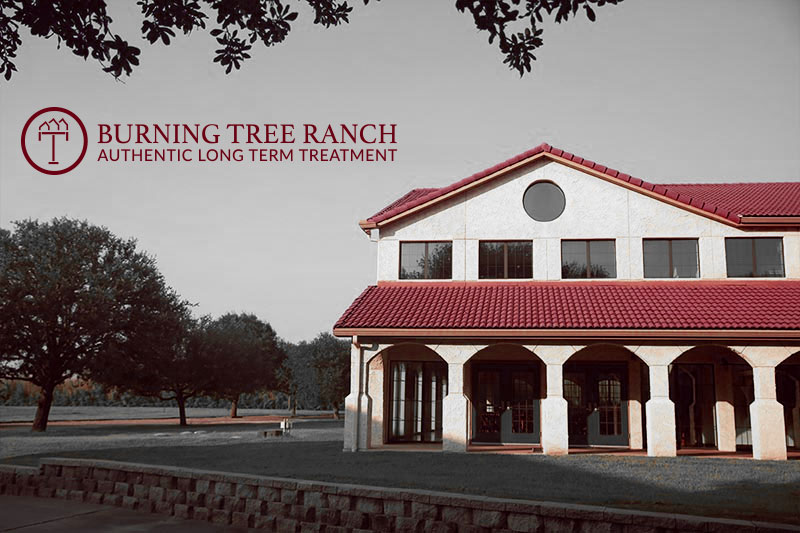Why Do Defense Attorneys Trust Burning Tree?
Because legal advocacy for complex cases demands clinical insight.

The Role of Treatment in Transforming a Case—and a Life
As a criminal defense attorney, you stand between clients and life-altering consequences—and often addiction lies at the root of their charges.
When addiction drives criminal behavior:
- Substance-related charges with underlying dependency
- Repeat offenses following the same destructive pattern
- Client whose addiction undermines their defense
- Judicial system seeking genuine rehabilitation over punishment
Your Role Matters.
The most effective defense may not just be legal—it may be clinical.
Referring clients to appropriate long-term treatment can:
- Influence sentencing and judicial perception
- Provide genuine rehabilitation beyond plea deals
- Transform destructive patterns into lasting change


When Should You Recommend Long-Term Treatment?
Consider referring your client when you observe:
- Repeat offenses tied to substance use (e.g., DUI, theft, possession)
- Crimes involving drug distribution, trafficking, or paraphernalia
- Legal leverage opportunities in pretrial or sentencing negotiations
- Court-mandated treatment options through drug courts or probation
- The client's acknowledgment of a problem and openness to help
Burning Tree Ranch is built for clients who’ve failed in short-term treatment and need accountability-based, long-term care.
What Red Flags Will You See?
Signs that a deeper intervention is needed often show up early:
- Erratic, impulsive, or disoriented behavior during legal meetings
- Struggles to follow basic court instructions or stay compliant
- Past attempts at rehab with little or no lasting change
- Family members voicing desperation or disengagement
- Physical symptoms of withdrawal or prolonged substance abuse
“Defense attorneys who refer to Burning Tree Ranch see what the court can’t—the real problem behind the repeat offenses. They’re not just defending a case. They’re saving a life.”
Brook McKenzie, LCDC
CEO, Burning Tree Programs

Why Do Attorneys Refer Clients to Burning Tree?
We provide the nation’s only true long-term treatment program for chronic relapse and dual diagnosis clients. Our model includes:
We specialize in:
- 8–14 months of residential treatment with full clinical integration
- 12 months of accountability-based aftercare
- Legal collaboration and compliance reporting
- Support for families navigating justice and recovery
When the court has seen it all, and the client keeps reoffending, we step in to help change the outcome—for good.


How Can Defense Attorneys Ethically Support Clients in Crisis?
You’re not a clinician—but you are often the first person with enough authority to help a client shift course. When addiction plays a central role in the charges, recommending treatment may serve both justice and the individual’s well-being.
Your responsibilities include:
- Using legal strategy to advocate for treatment over incarceration
- Framing treatment as a condition in plea deals or sentencing
- Providing referrals to credible long-term programs
- Aligning with specialty courts, probation officers, or parole boards
- Maintaining ethical boundaries while prioritizing client recover
How Can You Leverage Legal Frameworks to Encourage Change?
You can also use legal structures to ensure accountability:
- Plea agreements contingent upon treatment engagement and completion
- Court-monitored compliance with progress reports from treatment staff
- Family involvement to support consistency and healing
- Drug court or diversion eligibility for non-violent substance-related offenses
- Probation terms that include structured recovery milestones
These mechanisms don’t just protect the public. They protect your client’s future.

Let’s Build a Defense That Leads to Freedom

If your client needs something more profound than another short-term rehab—or another appearance before the judge—we’re ready to help you make the case for real recovery.
Have a referral?
I’d be happy to help.
Call or submit an inquiry, and feel free to request me directly.
Brook McKenzie, LCDC
CEO, Burning Tree Programs
“Burning Tree not only saved my sons life they gave him a life we could have only imagined. It was his last chance since all other programs had failed. Our lives had been a living hell. They educate the entire family and you will never find a more understanding or compassionate group of people dedicated to your loved ones recovery.”
Lisa M.
Family of Burning Tree Alumni
Have a Referral?
If you suspect a client is facing a crisis bigger than balance sheets, we’re here to help. Confidentially, ethically, and without pressure.
